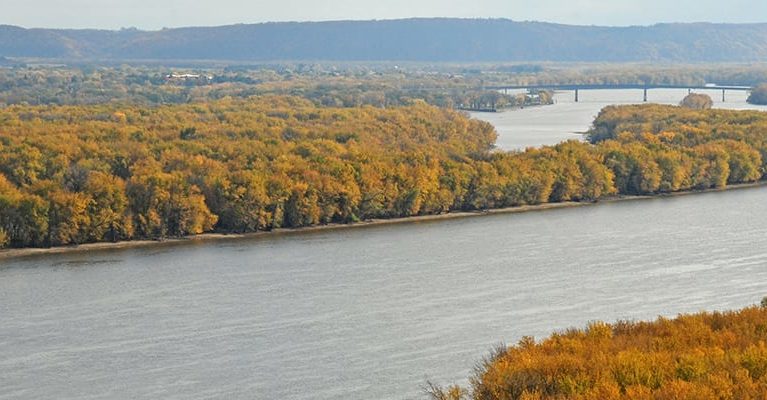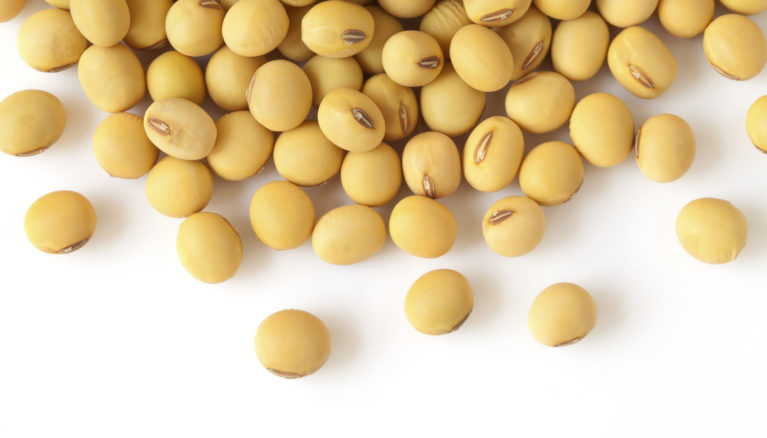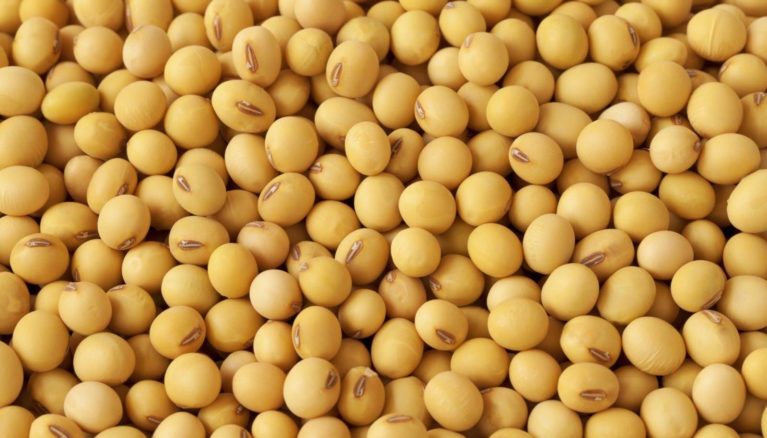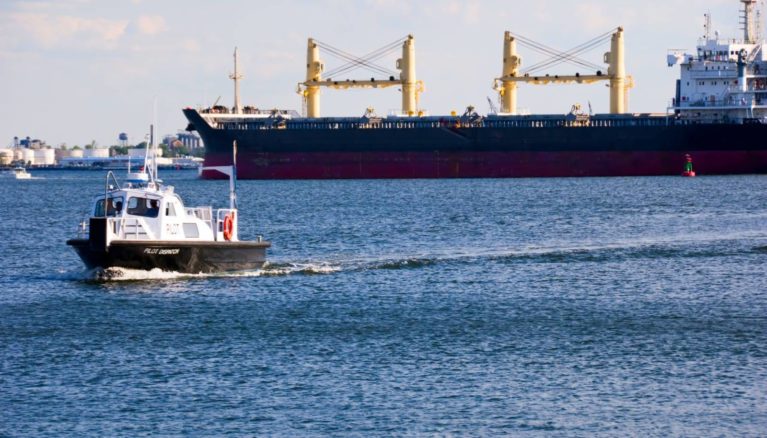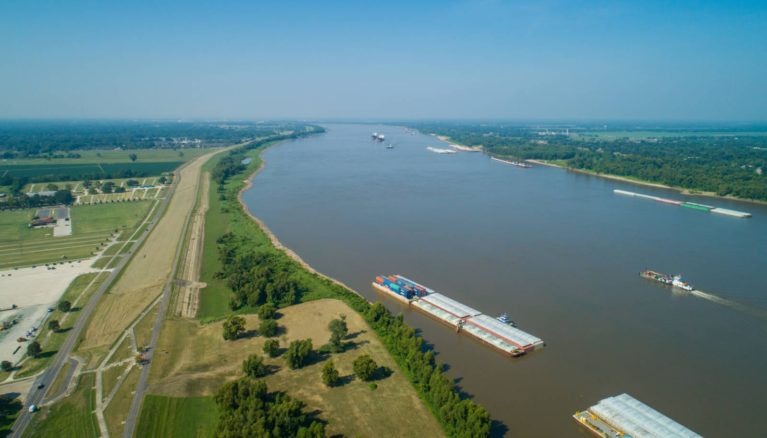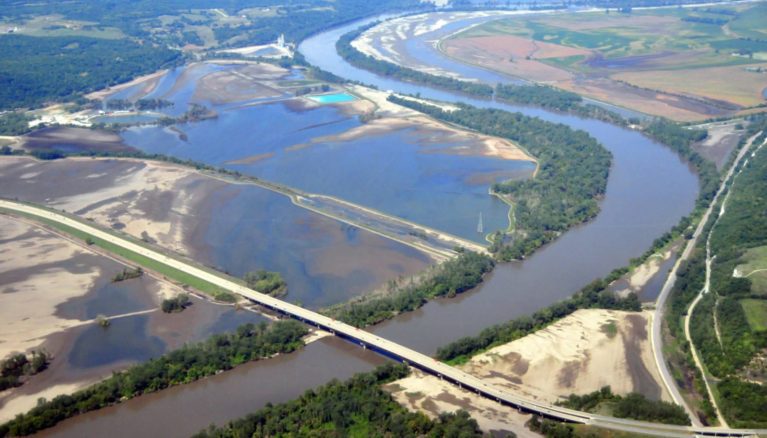Alan Barrett is the Director of Research and Consulting for HIgby Barrett LLC. He is an accomplished commodity economist with more than 25 years of experience in futures and cash markets with a focus on cotton, commodity projects, non-traditional agricultural products, transportation and supply chain studies. Alan spent six years as a commodity futures broker. His expertise encompasses feasibility studies of oilseed crushing plants (soybean canola, and cottonseed), grain elevators, export elevators, shuttle elevators, grain container operations, flourmills and other processing facilities. Alan also has conducted transportation supply chain studies for grains, oilseeds, fertilizer, coal, natural gas, crude oil, and petroleum products. Alan has considerable experience in non-traditional agricultural products such as coal, coke, natural gas, chemicals, hydraulic fracturing fluid, hydraulic fracturing proppants, glycerin, fertilizer, micronutrients, salt, limestone, cement, iron ore, pig iron, and steel, especially feed ingredients. Mr. Barrett has a BS and MS in Agricultural Economics from the University of Tennessee.
Flooding Concerns to Remain into Planting Season
U.S. soybean farmers deal with flooding each spring, primarily along the Red, Mississippi, and Missouri Rivers.
Flooding Concerns Remain for Next Couple of Months
The National Oceanic and Atmospheric Administration (NOAA) released the 2020 National Hydrologic Assessment report, which provides an extended forecast for water related issues. For farmers…
Safe Soybeans, Hazards to Crew: How COVID-19 is Impacting Trade
ProFarmer and Hellenic Shipper News reported that China’s soymeal futures are increasing as soybean crushers suspended operations due to a shortage of soybeans as the…
Barge Industry Consolidation
As predicted last year, the oversupply of barges and higher operational costs are taking a toll on barge companies and have led to American Commercial…
Despite IMO, Ocean Freight Rates to Remain Below $50 per Metric Ton
Lower barge and ocean freight rates could be beneficial to the U.S. soy industry.
Improvements to Port Milwaukee Agricultural Maritime Export Facility Will Enhance U.S. Soy’s Reliable Supply
Improvements to the Port of Milwaukee will add to U.S. Soy’s reliable supply, benefitting customers.
Upper Mississippi River Set to Open in March
With the near record low barge rates, the barge industry is looking for some good news. The rivergage forecast for Lock and Dam 15 (Rock…
Soybean Barge Rates at Three- and Five-Year Averages
A drop in barge rates is advantageous for U.S. soybean farmers.
Panama Canal Authority Announces Permanent Freshwater Surcharges
How important is the Panama Canal to U.S. Soy? The U.S. is an agricultural surplus country dependent on exports. The Inland Mississippi River System plays…
Improvements to Illinois, Upper Mississippi Rivers will Benefit U.S. Soy
The inland Mississippi River system plays a major role in transporting U.S. grains and oilseeds, especially soybeans. The inland Mississippi River system is comprised of…


